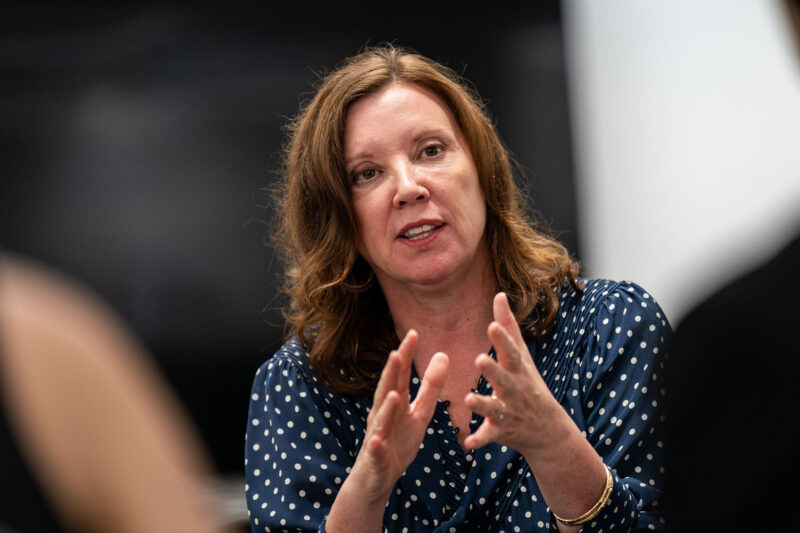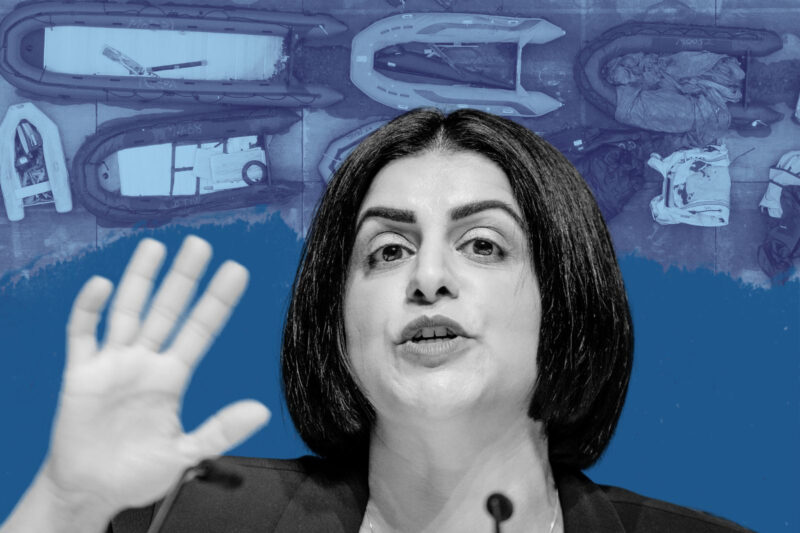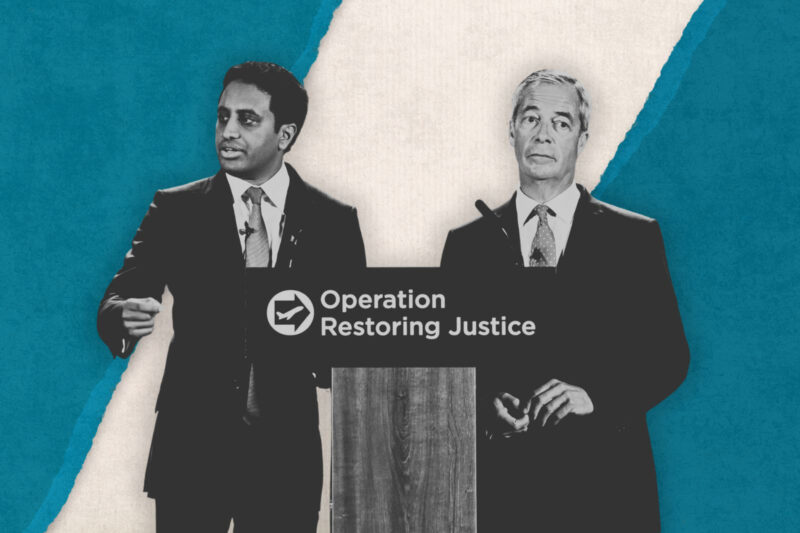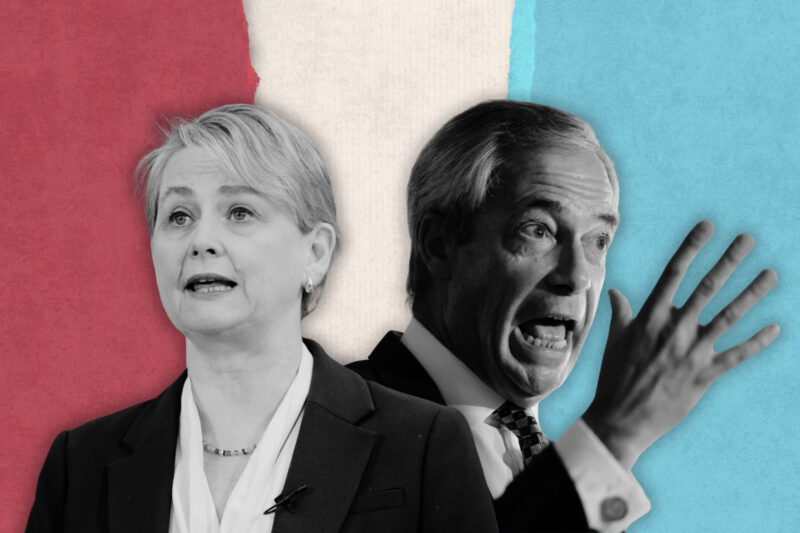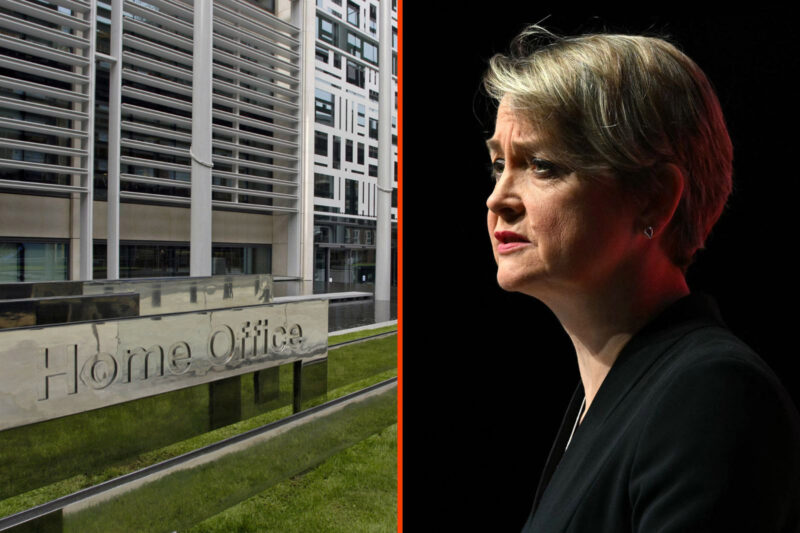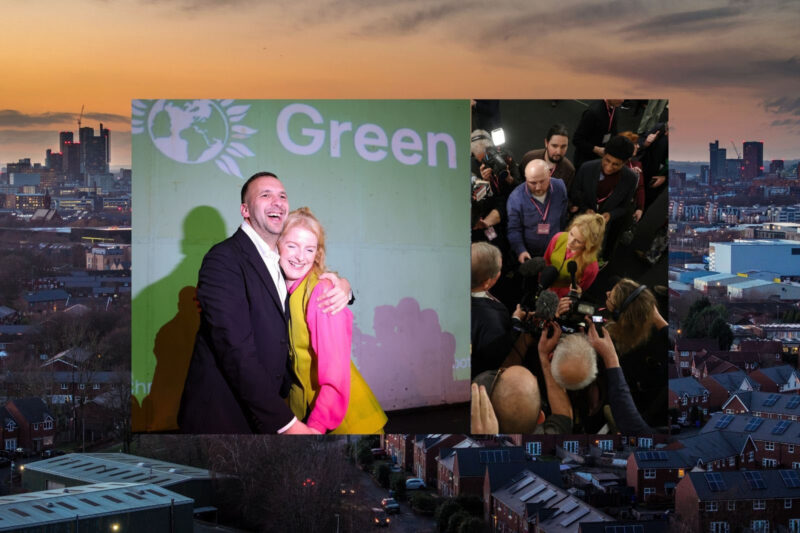By sticking to the Tory line on immigration, Labour could be walking into a trap
Yvette Cooper has pledged to “remove” more people from the UK than the Tories. It’s a risky strategy
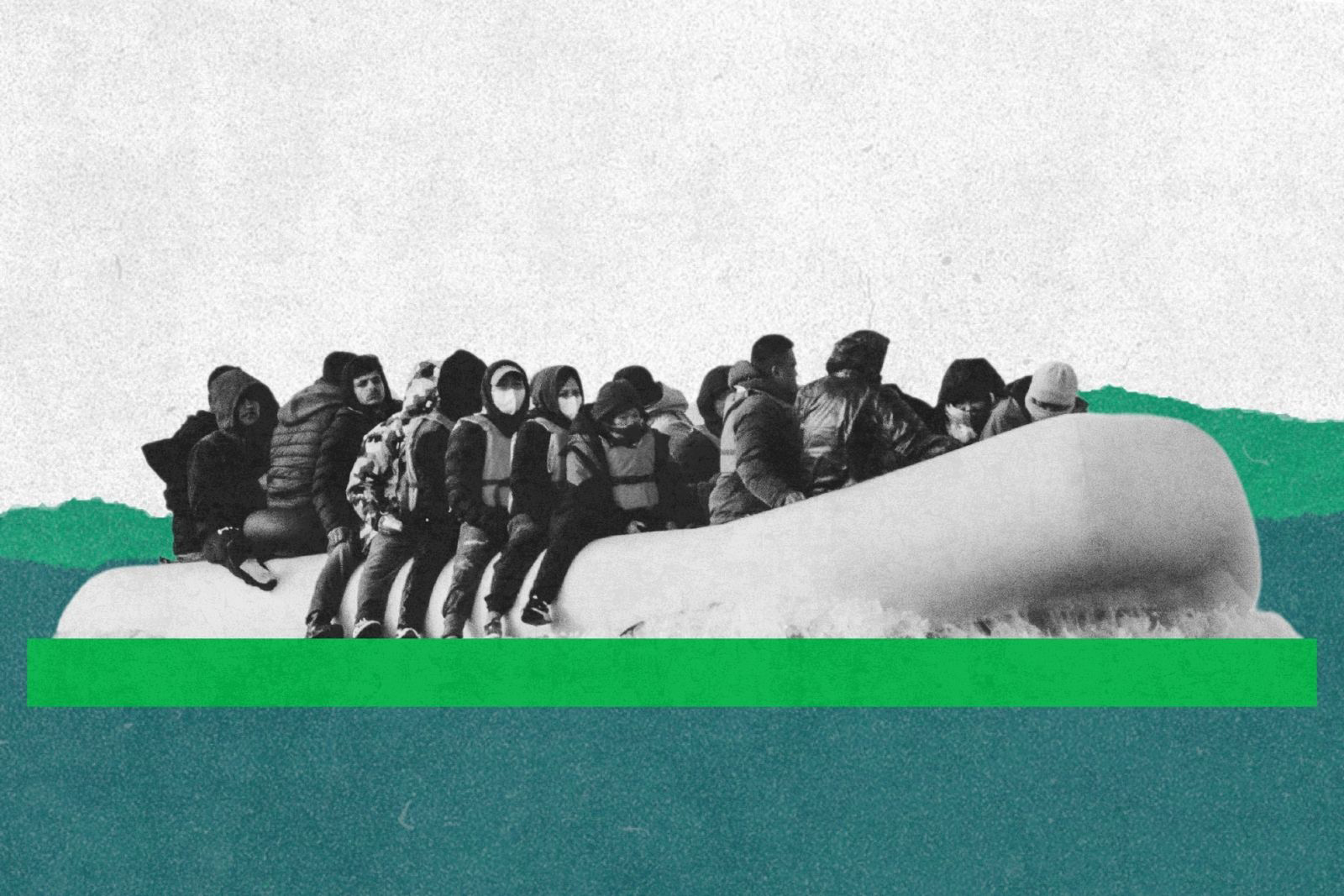
“We will stop the boats” — a quote we could attribute to any of the last half a dozen or so home secretaries. We have heard it time and time again; even with a change of government, the rhetoric has more or less stayed the same.
In 2023, a little over 29,000 people crossed the Channel into the United Kingdom on small boats. The figure accounts for less than 2.5% of total immigration to the UK, but it certainly takes up more than 2.5% of our political discourse.
This is partly owing to the images. They are, undoubtedly, very powerful: small boats filled with more people than they can safely carry, all risking their lives in the hope of reaching the UK. It is also an indication to some that the government does not have control over its borders — that, despite not wanting people to cross this way, ministers simply can’t do anything about it.
Labour is keen to solve this issue, which almost tore the Conservative party apart. Among the new government’s first moves was to scrap the controversial Rwanda deportation scheme that had been the cornerstone of the Tories’ strategy. The pressure is now on Yvette Cooper, the home secretary, to explain what she will do instead.
So far, Cooper has said 100 more intelligence officers will work to clamp down on people-smuggling gangs. She has also set a target to “remove” more people with no legal right to live in the UK in the next year than any government since Theresa May was prime minister. Current figures for the year ending September 2023 are around 5,500 “removals”, while in 2018 that figure was 9,000.
The new home secretary’s hope is that more return flights will deter those who think of crossing the Channel. But experts have cast doubt on whether this will work. Of the 10 countries responsible for the most asylum claims in the UK, four are deemed by the Home Office to be unsafe: Afghanistan, Iran, Eritrea and Syria. The majority of asylum seekers who arrive from those countries in small boats have their applications granted. For the ones that are rejected, Britain has no return agreements in place with these governments, and I suspect the Taliban at least would not be keen to negotiate such a deal with Britain.
Labour has also been criticised over its choice of timing. Senior human rights lawyer Jacqueline McKenzie of the firm Leigh Day told me this week that she thought Cooper was sending the wrong message. “To me,” she said, “this is a disturbing narrative that migrants and immigration is the problem in the UK when it isn’t.
“We’ve just had race riots posited on the backdrop of that, and we’re just going to see things getting worse if we’re not very careful about the language used.”
McKenzie leads a team of lawyers who specialise in immigration and civil rights cases and represented someone who was potentially going to be deported to Rwanda before the scheme was binned. Speaking to me for ITV, she said she felt the issue of immigration and small boats had been “weaponised”, and that immigrants were net contributors to Britain.
“It has been weaponised for votes,” she said. “It has been weaponised to appease people who society is neglecting and not looking after.”
I spoke to a number of experts in the field this week. Every single one said they felt the benefits of migration were not spoken of enough, both by politicians and in society generally.
Meanwhile, those with expertise in border security are raising their own questions over how much of an impact Labour’s plans will really have. Tony Smith, the former director general of Border Force, told me that the Rwanda policy was at the very least a “bold attempt” to tackle the issue and break the business model of people smugglers, and that he was not convinced he had seen anything else that would do that. Smith believes the only real solution is some sort of agreement with the EU that incentivises asylum seekers to stay, for instance, in France.
“We need to come to some kind of burden-sharing agreement to stop people drowning in the Channel,” he said, “but the EU will want something in return and I’m not quite sure what that would be.”
It is a hugely complicated issue and, if the government is serious about clamping down on it, it will need a delicate balance of policies. Ministers will have to be conscious of the sensitivities around the rhetoric they use — at a time when they are keen to show they can achieve things their predecessors in government could not.
Labour has a grace period during which the public may be slightly more forgiving, aware that it takes time for new policies to be formulated and implemented. If Labour continues to maintain that small boat crossings are a huge problem but proves unable to slow them down, that grace period may end up being shorter than Labour would have liked.
Shehab Khan is an award-winning presenter and political correspondent for ITV News
 Newsletter
Newsletter


